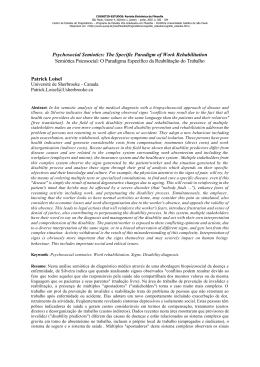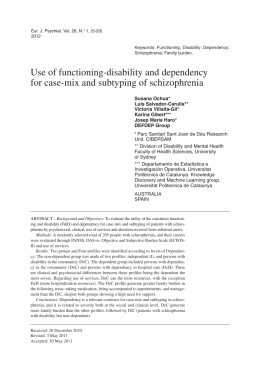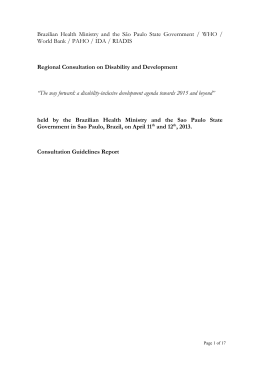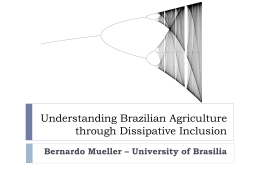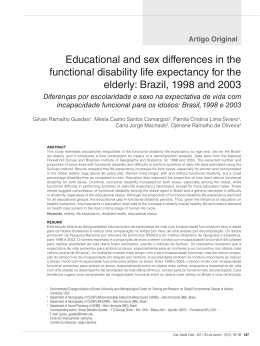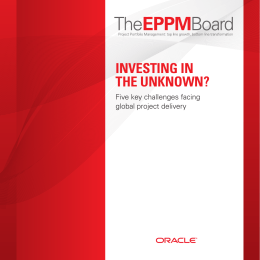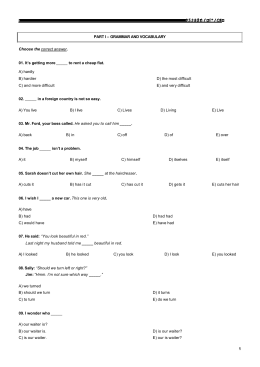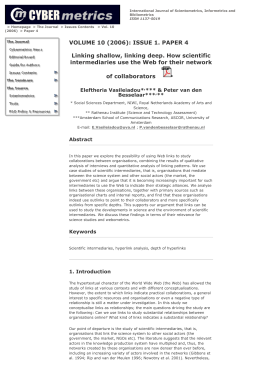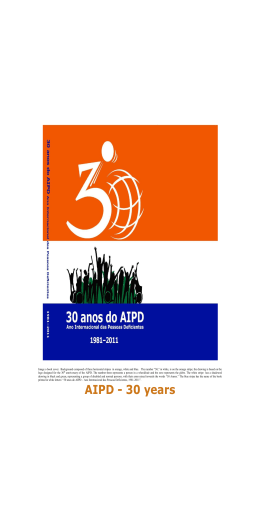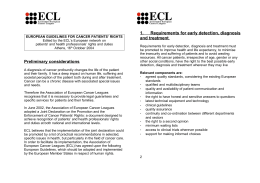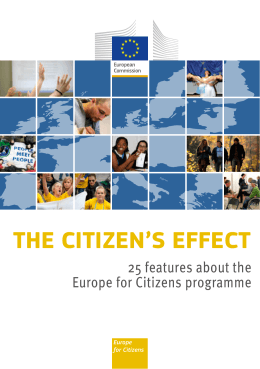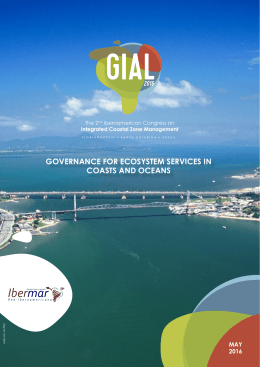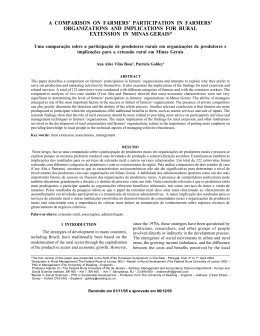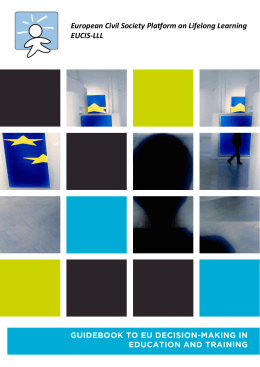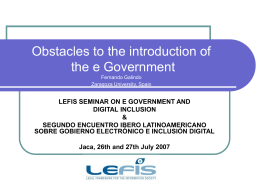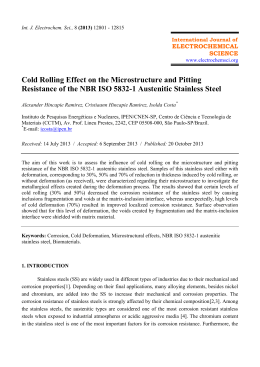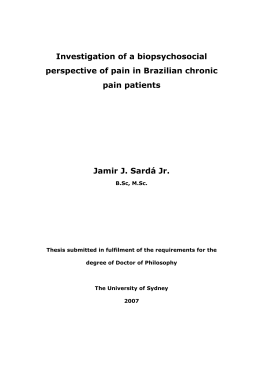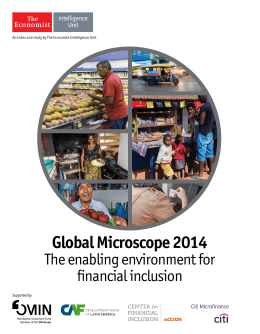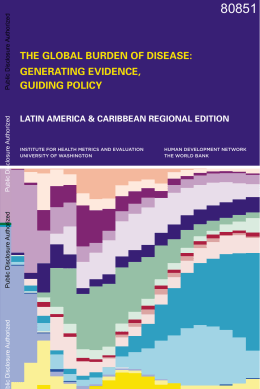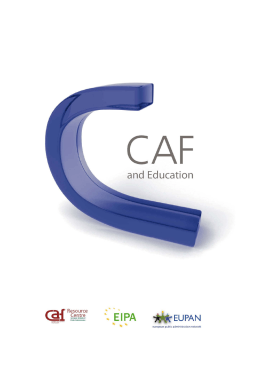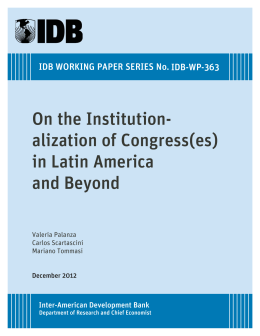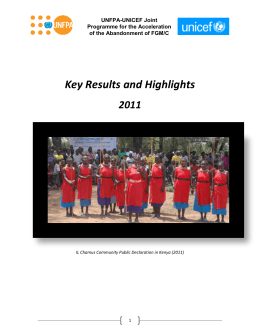European Declaration on Media and Disability Introduction Disabled people are insufficiently represented in media output and the number of disabled people employed in the sector is generally very low. Without doubt the mass media has a significant impact on society and a major role to play in promoting a shift in attitudes and the way society looks at disability. Disabled people represent a vast audience that is currently inadequately catered for, and the media industry will therefore gain from addressing this issue more effectively. This declaration has been prepared and adopted at the European Congress on “Media and Disability” held in Athens on 13-14 June, 2003 by over 300 participants from different parts of the media, media networks, advertising and communication companies, organizations of disabled people and representatives of EU Member States. It is adopted within the framework of the European Year of People with Disabilities 2003, and follows the common vision established in the Madrid Declaration. The representatives at the European Congress on Media and Disability declare that they will: • • • • • • • • promote change in the mainstream media sector to improve its portrayal and inclusion of disabled people; increase the visibility of disabled people in all genres; increase coverage of issues which specifically concern disabled people and their families; promote positive images of disabled people that are not based on charity or the medical approach and avoid negative stereotypes; encourage close cooperation between disabled people and their representative organisations, the disability specific media and the mainstream media industry; increase the number of disabled people employed throughout the media industry, particularly at professional levels; ensure the accessibility for disabled people of media services; ensure the physical accessibility of the working environment in the media industry; and they will take this back to their individual organisations for discussion and endorsement. Suggested ways in which the above aims can be achieved: • Production of actions plans and development of strategies to promote inclusion of disabled people within media organisations; • Development of diversity units within media organisations and the inclusion of disability issues within their practices; • Delivery of disability organizations; • Encouragement of Further Education establishments to include disability as a topic within media and communication studies courses; • Exchange of best practice within the sector and encouragement of monitoring of progress; • Where appropriate, development of training and employment programmes to increase the participation of disabled people with the sector; • Access audits of workplaces in the media industry; • Development and use of appropriate technologies to promote access for and inclusion of disabled people to media services; • Joining the new EDF media and disability network that will be established as a result of this declaration. equality training for employees within the As a result of this congress and to take forward the declaration, a committee will be set up by the European Disability Forum, in cooperation with European and national media and advertising organisations. The membership of the committee will be established by October 2003. Organisations are encouraged to endorse this declaration. For further information, please contact EDF: Helena González-Sancho; Communication Officer; Tel: 00 32 2 282 46 04; Fax: 00 32 2 282 46 09; e-mail: [email protected]
Download
